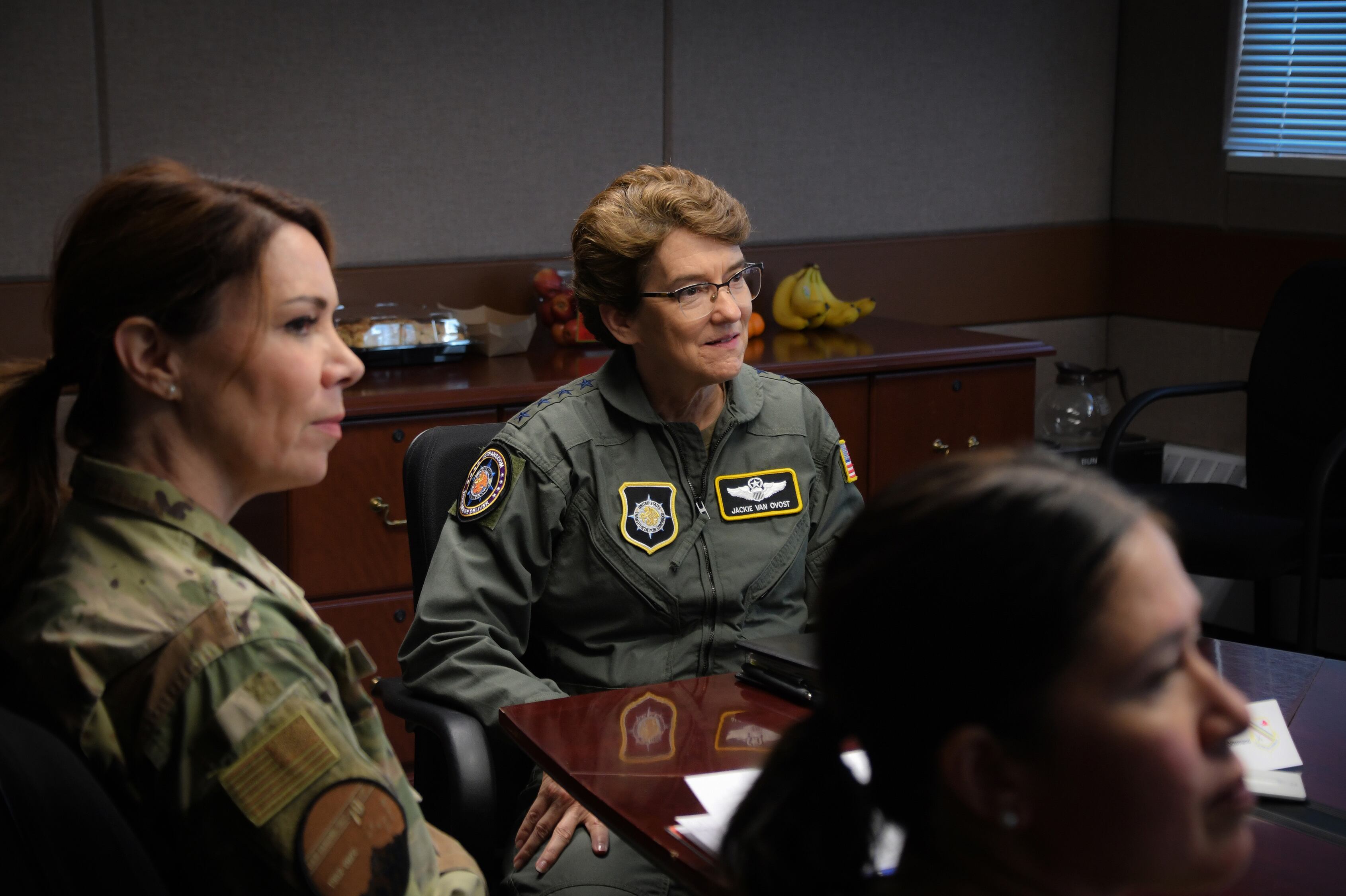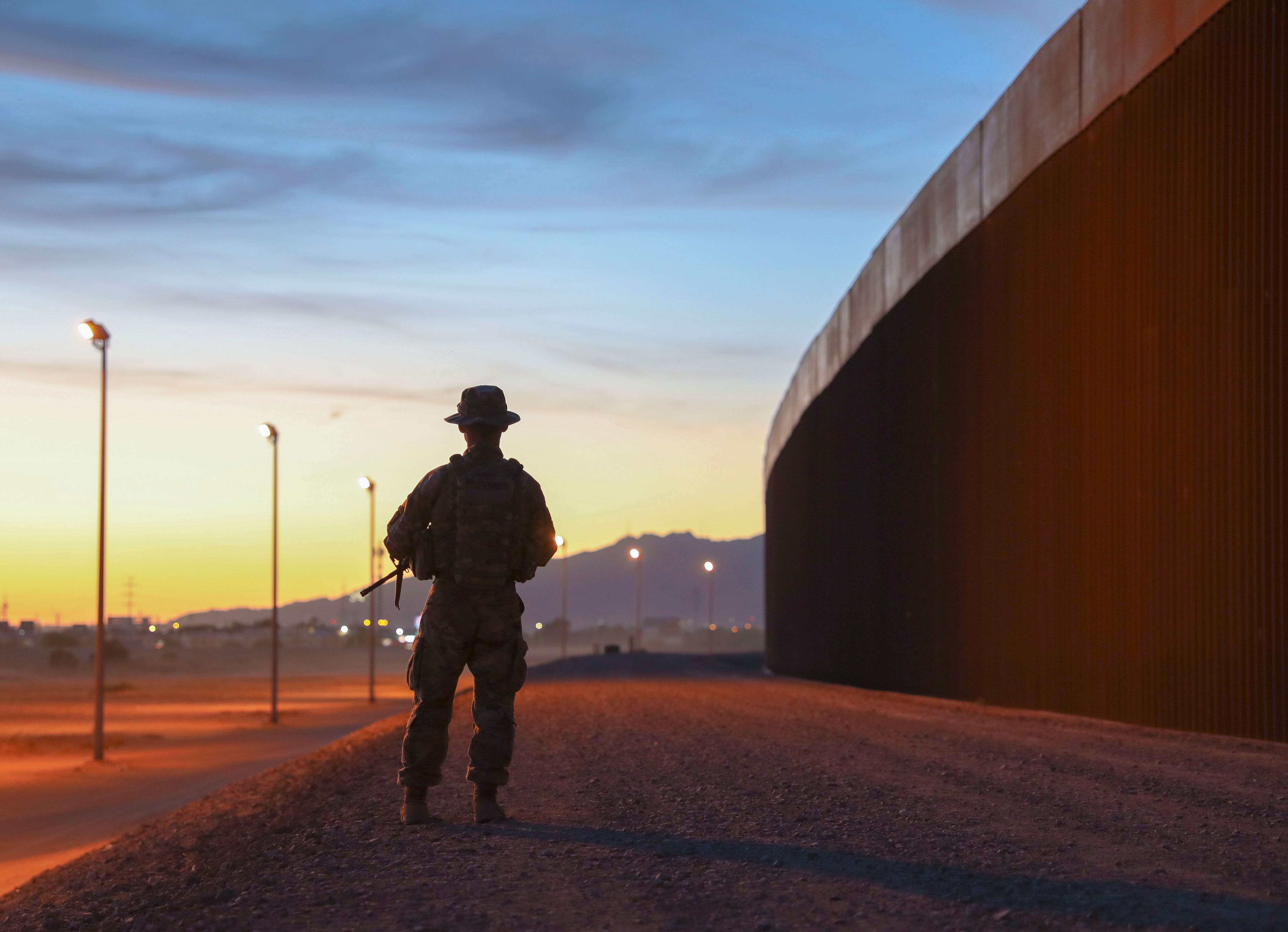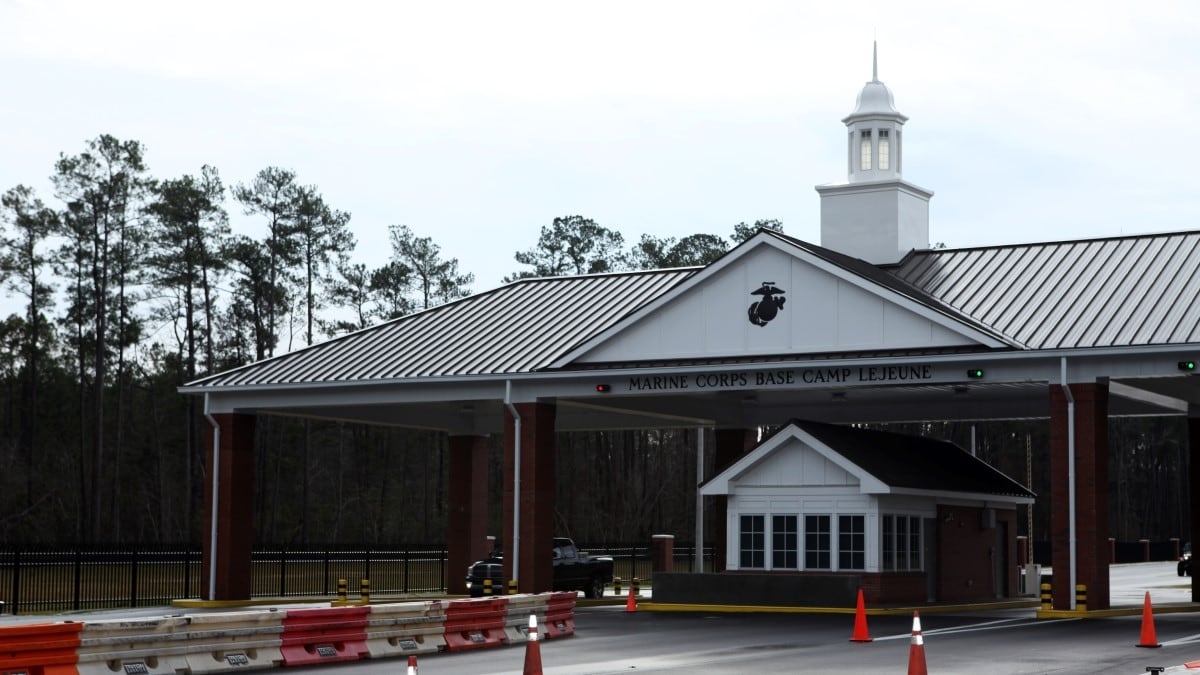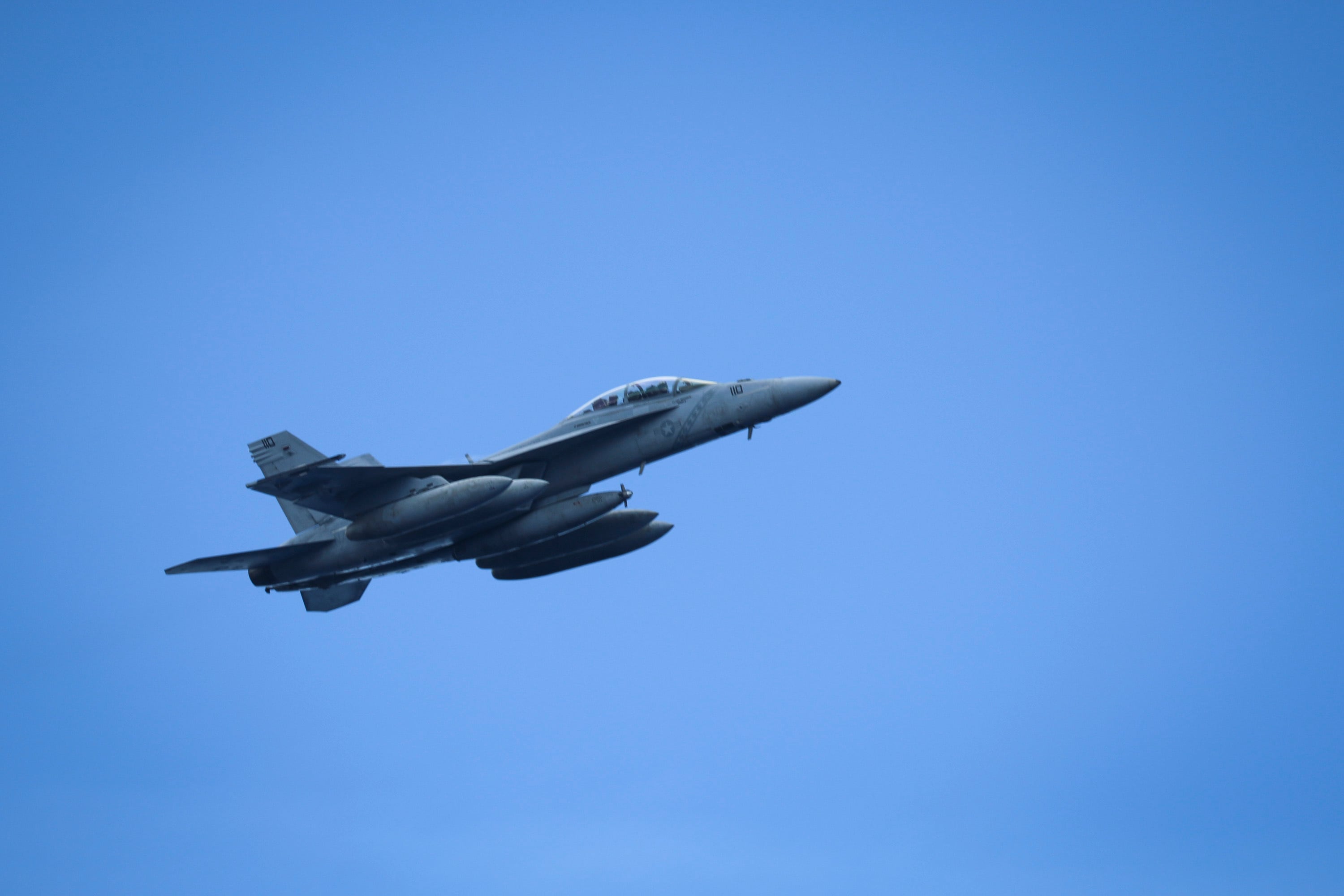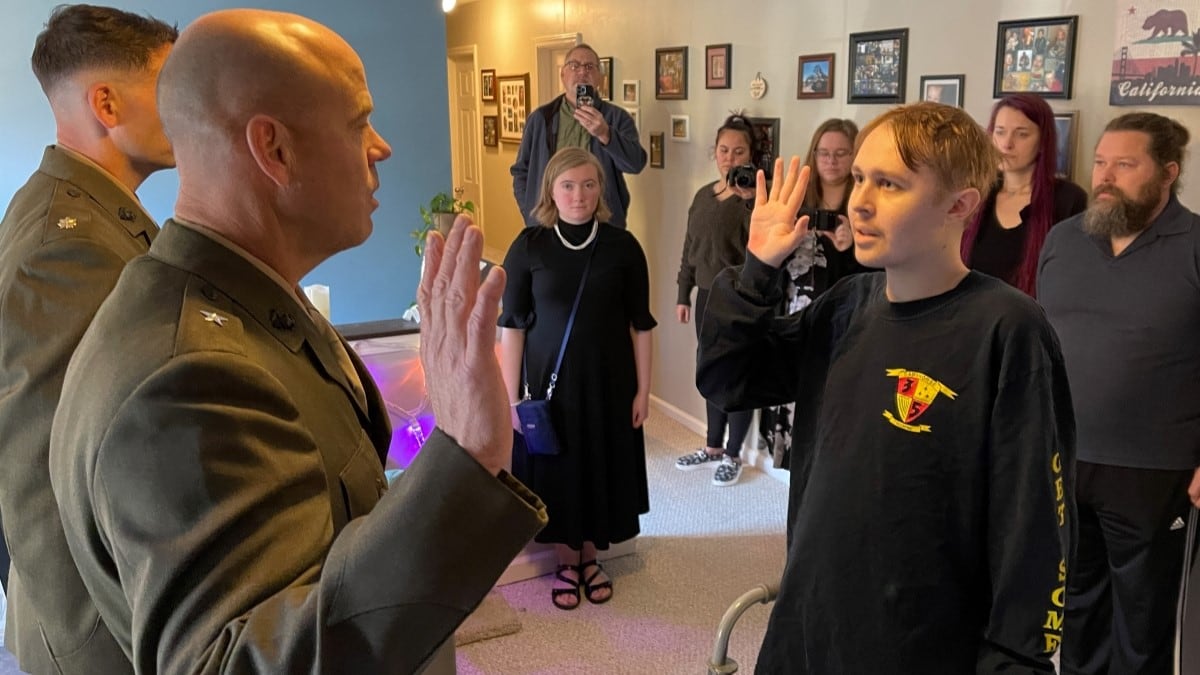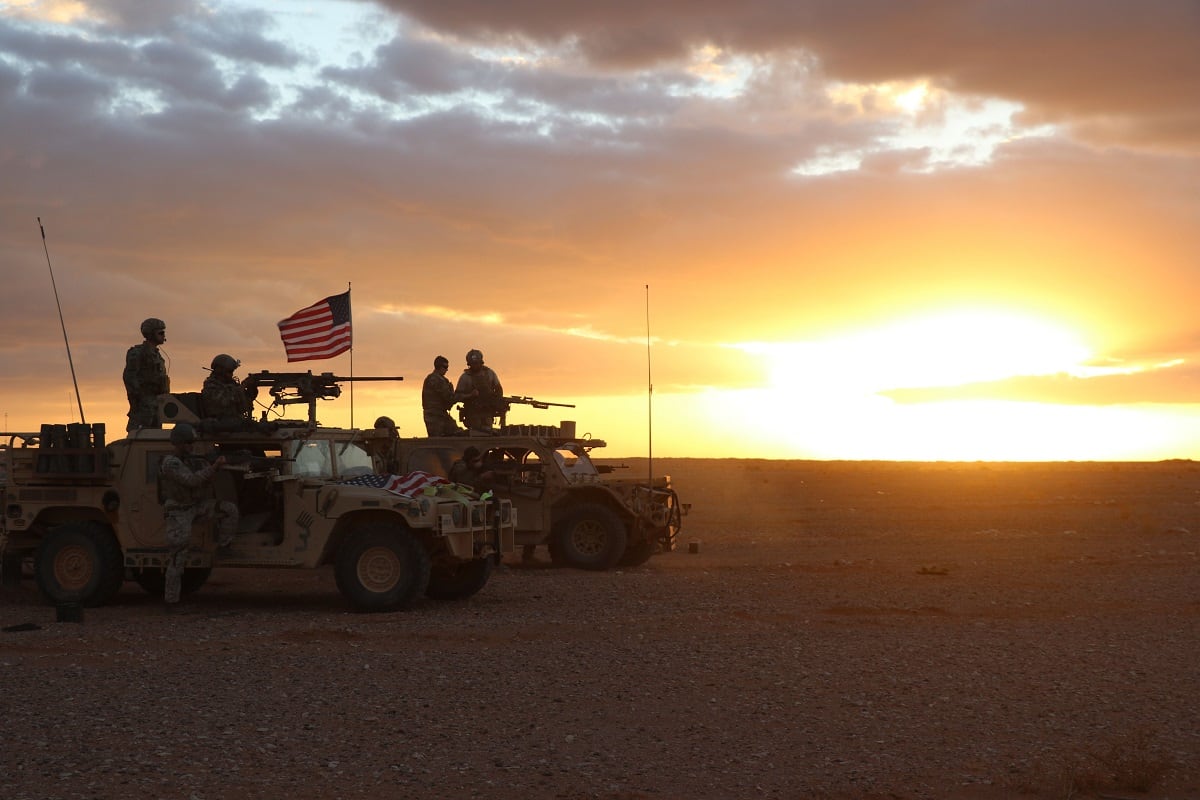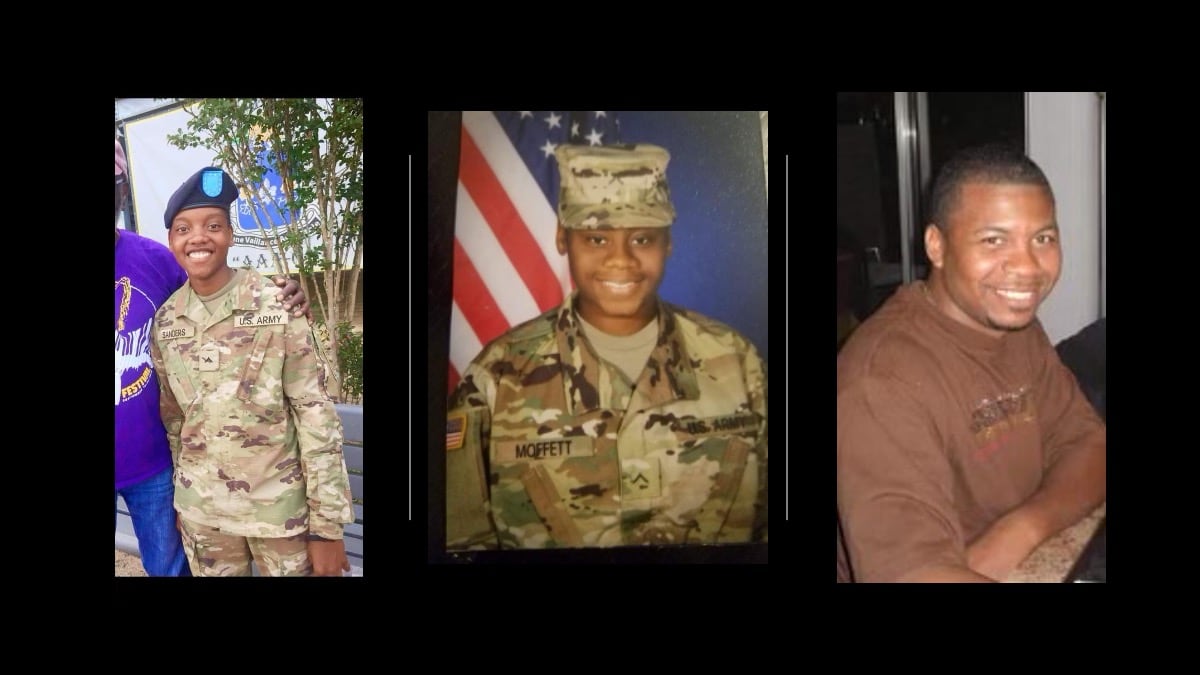Not many know this, but I grew up around planes. My parents owned a small flying business, so my chores were a little different than most my age, but I loved every minute of it. I remember when I wasn’t sweeping the hangars or cleaning spark plugs, I would daydream of jumping in an airplane, taking the controls and soaring through the clouds. I couldn’t even see over the dashboards, but that never stopped me from pressing every button I could reach or turning every knob I could. I wanted to know everything about flying.
By the time I was a teenager, I had flown many different aircraft. I got my pilot’s license before I got my driver’s license. My passion for aviation, and the science and physics behind it, was stoked by my time as a Civil Air Patrol cadet and led me to a career in the Air Force. I set my sights on the Air Force Academy, graduating with a degree in aeronautical engineering. My dream was to fly fighter jets; I wanted to fly Mach 1 with my hair on fire.
Fast forward to now, I’ve logged more than 4,200 hours of flight time in more than 30 different military aircraft. I have been wearing the uniform for more than three decades and I have loved every opportunity my service has given me, but success has not been inevitable.
Multiple times I was directly confronted by those who thought less of women in male-dominated roles. Whether it was my time as a civilian flight instructor in the early 1980s, pressure from an officer in my chain of command at the academy, or a particular fighter aircraft flight instructor, my response and recovery from those events remained steadfast. I doubled down and strived to be better than my male peers, trying to pay it forward to those that would come after me. But it didn’t come easy.
As I face these obstacles, I always think about the three most important people on this journey with me: those who came before me, the people beside me, and the people behind me.
Even as a senior leader, I look up to those who paved the way. Personal and public role models who led by example, faced adversity, and didn’t give up.
This year marks the 75th anniversary of the Women’s Armed Services Integration Act, which allowed women to serve in the U.S. Armed Forces. While a step forward, this legislation severely restricted the capacity for women to serve and greatly limited the number of those who could enlist, capping female enlistees at only 2% per branch.
Yet, that did not stop women from answering the call to serve and pushing the limits.
The Korean War began two years later. More than 120,000 women signed up for active duty positions, serving as medics, caretakers, logisticians and communications operators.
And as time passed, the women before us continued to blaze trails. I am grateful for the 97 women of the Air Force Academy’s graduating class of 1980. When they walked up the ramp at the academy on their first day in 1976, they did so beneath a large sign with two-foot aluminum letters boldly stating, “BRING ME MEN.” Those were words from a Sam Walter Foss poem to describe American leaders. These words no longer encompassed the description of all the leaders at the academy.
These courageous women had the strength and perseverance to challenge the status quo and help rebuild the armed forces in the challenging days following the Vietnam War.
Because of them and the “firsts” in every service, we can now set new examples for future generations, breaking barriers while leading forces from the ground, air, sea, space and cyber.
As I stood in the stadium at my own Air Force Academy graduation in 1988, about to throw my cap in the air, I never imagined that I would become a four-star general. But I did it, in part, because of the grit and determination of those who came before me, but also because of those that stood beside me going through what I was going through.
Together we shared information, skills and techniques, and helped each other overcome personal challenges.
And today, I walk the path of service alongside four-star leaders like Coast Guard Adm. Linda Fagan, Army Gen. Laura Richardson and Navy Adm. Lisa Franchetti.
I am honored and excited to sit down with them on March 6, at the Military Women’s Memorial in Washington, D.C., to celebrate Women’s History Month. We will look “beyond firsts” and discuss how we can continue normalizing women in senior leadership roles across services.
It is critical that the next generation, those behind me, not only have an opportunity to sit at the table but that we keep them there. We must go beyond acceptance to inclusion, truly listening and valuing everyone’s voice.
Additionally, we must encourage women to turn their passion into their power, distilling in them the understanding they are as competent as others know them to be.
It takes different perspectives to provide better solutions; it will take the best ideas from the brightest minds to prevail in tomorrow’s fight. We cannot afford to limit anyone.
Simply put, this is a warfighting imperative.
We have come a long way to overcome gender-based discrimination, but there will always be room to grow. This March serves as a reminder to find inspiration in those who advocate for change and aim to shift our culture.
Be intentional about encouraging your peers and mentoring those following your path. It will take continuous engagement to reach a place where there are no more “firsts” or “onlys” left … where women are simply a foundational part of every team at every level — before, beside and behind each of us.
Air Force Gen. Jacqueline D. Van Ovost is the commander of U.S. Transportation Command, headquartered at Scott Air Force Base, Illinois. She is a graduate of the U.S. Air Force Test Pilot School and a command pilot with over 4,200 hours in more than 30 aircraft.
Have an opinion?
This article is an Op-Ed and as such, the opinions expressed are those of the author. If you would like to respond, or have an editorial of your own you would like to submit, please email us.
Want more perspectives like this sent straight to you? Subscribe to get our Commentary & Opinion newsletter once a week.
